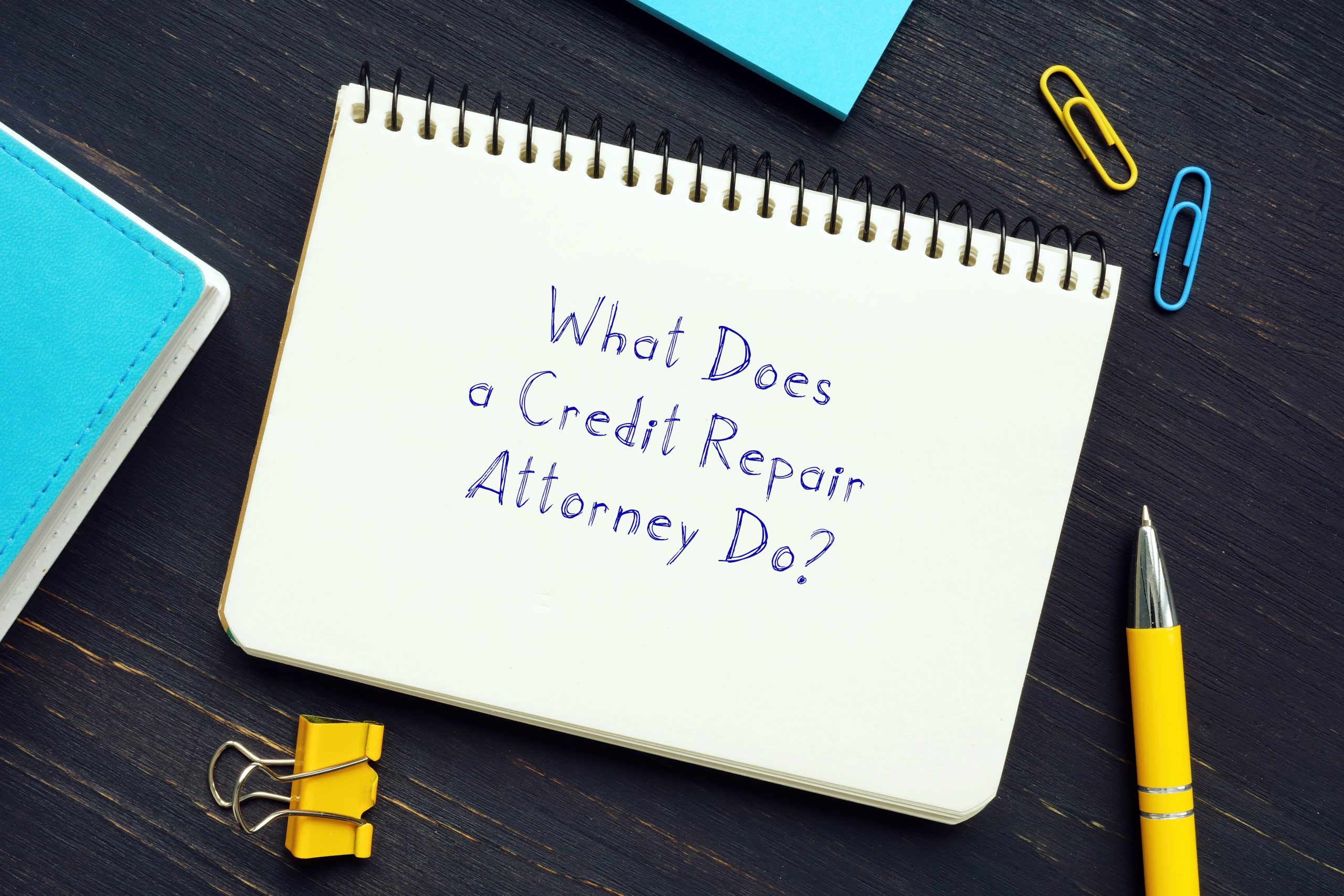Attorney- backed credit report repair
Twenty years ago, investigating fraud on a credit report presented significant challenges, but times have changed. Today, we’ve empowered over 10,000 customers to achieve substantial victories. Our successes range from securing settlements, addressing lawsuit violations, participating in class actions, to facilitating the release, forgiveness, and deletion of millions in reported debts. With such impressive outcomes, there’s no better time than now to begin your journey with us.
Everyday Consumer
Credit Problems
Security Clearance Issues: Navigate the complexities of security clearance issues with our specialized guidance. Our team helps you overcome challenges and maintain your clearance, ensuring your professional stability and success.
Misreported Payment Status: An account that is current and in good standing is incorrectly reported as late or missed. Your records are a valuable asset. Every credit score point matters and when employees get in a hurry, and do not perform their task at 100% or the data systems malfunction, then consumers pay the price within their credit records.
Bankruptcies: Filing for bankruptcy has a significant negative impact on your credit score. Bankruptcy can affect your credit report for 7-10 years, showing lenders that you are a risky borrower.
Charge-Offs: A charge-off occurs when a creditor gives up on collecting a debt after a prolonged period of non-payment. The creditor records this as a loss, which negatively impacts your credit score.
Collections: When an account becomes seriously past due, the creditor may turn it over to a collection agency. This account is separate on your credit report and greatly affects your credit scores in a negative way.
• Collections can come from unsecured accounts, such as credit cards and personal loans. They can also come from secured loans, like auto loans.
• Collections occur when borrowers do not pay their loans and lenders subsequently sell them to collections.Credit Inquiries: Hard inquiries occur when a lender checks your credit report to make a lending decision. These can slightly lower your credit score and reflect your search for new credit, but the effect diminishes over time.
Judgments: If a creditor sues you over a debt and wins, they may place a judgment against you. This indicates a court order for debt repayment and can severely impact your credit rating.
Late Payments: Each month a payment is missed, a negative item is added to your credit report. This signals to potential lenders that you may not be managing your credit well, which can affect your ability to obtain future credit.
Liens: A lien, especially if unpaid, can have a detrimental effect on your credit score. This shows that someone else can claim your money or belongings because you owe them money. This can make it more difficult for you to borrow money from others.
Repossessions: If you default on a loan, such as an auto loan, your lender has the right to repossess the vehicle. If you don’t pay on time and someone takes away your things, it can greatly reduce your credit score.
Consumer Corporate Fraud
Requires Attorney-Backed Credit Repair
Duplicate Reporting: An account might be listed more than once, with one or more instances incorrectly marked as delinquent. This could be because of various reasons, including errors reported by Creditors, Collectors as well as hosting agencies systems known as Equifax, Experian, TransUnion, Specialty Credit Reporting agencies, human assets as well as data furnishers automated systems also manifest millions of incomplete and inaccurate records. These actions create credit score damage and effect persons credit buying power.
- Commercial Contract Violations: Address commercial contract violations effectively with our expert legal assistance. We specialize in identifying breaches, negotiating resolutions, and safeguarding your business interests to maintain the integrity of your commercial agreements.
Personal Information: You can correct errors such as wrong name, address, or Social Security number. This is necessary for the accuracy of your credit report. Your credit score effects your ability to qualify for the best possible financial opportunities. Lastly, Mortgage lenders must have matching personal records to document a credit score. When the credit score cannot be validated due to inaccurate personal records, then your receive a denial.
Unknown Trade lines & Collections: If there are fake accounts on your credit report, it may be because someone stole your identity or when the CRA’s data systems are compromised. In this case, you have the option to have those accounts removed. You may need to provide proof of the fraud, such as a police report or an identity theft report.
Outdated Accounts: Your credit report should automatically delete old debts that have passed the credit reporting time limit. We have found this is a common flaw within the Credit Reporting Industry. .
Hard Inquiries: If someone checked your credit report without asking, you can argue against it. Lenders typically require your consent for hard inquiries when you apply for credit but many fail to document or maintain your records. Unfortunately Experian, Equifax & TransUnion market and sell your data to creditors and data furnishers, we have found that many buy your data and pull your credit without permission.
Data Management Errors: These occur when payments are applied to the wrong account due to clerical errors or when the transfer of account information between creditors and credit bureaus is mishandled.
Re-aging of Old Debts: Improperly updating the date of last activity on a debt can make it appear more recent, affecting its delinquency status.
